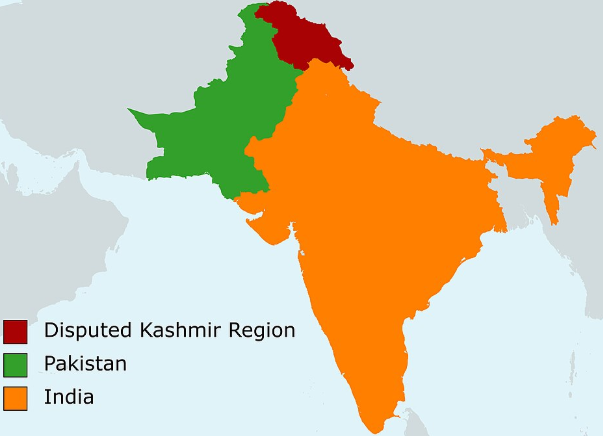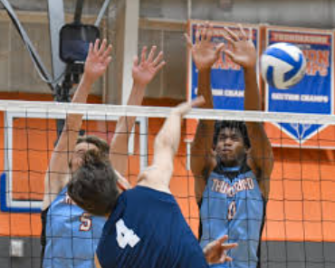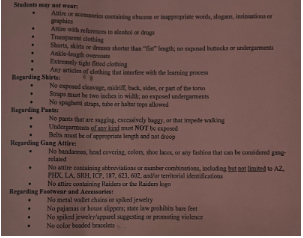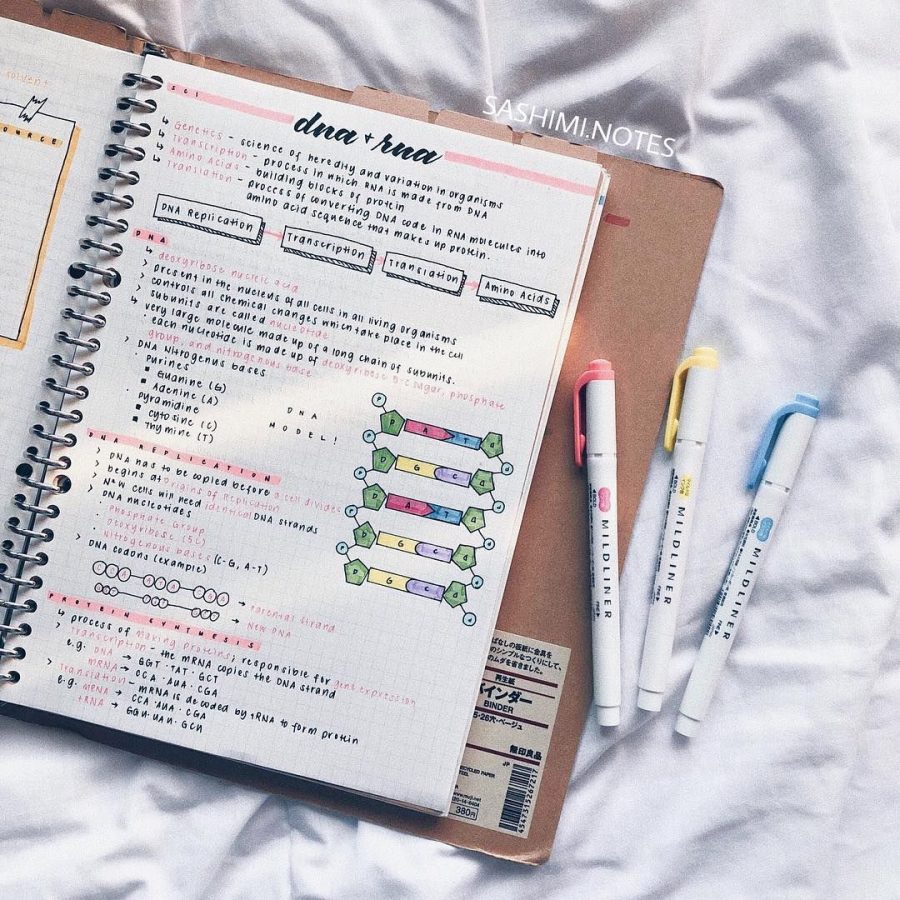Tips & Tricks To Make Studying More Efficient
November 21, 2022
Have you ever been studying for an upcoming test and none of the information is sticking and the clock is ticking?
If everyone is completely honest, studying is not always well-liked and can become repetitive. Middle school to high school was a big jump for many high school students, and as they start to study more and for longer periods of time without breaks, retaining the information becomes harder.
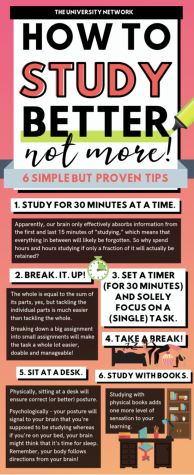 When compared, the format of high school and middle school ethics are very different. Instead of memorizing information for a test and then forgetting it as students did in middle school, high school teachers expect students to study more. It is vital that the subject taught sticks with students for longer periods.
When compared, the format of high school and middle school ethics are very different. Instead of memorizing information for a test and then forgetting it as students did in middle school, high school teachers expect students to study more. It is vital that the subject taught sticks with students for longer periods.
A fellow anonymous sophomore states, “When I switched from middle school to high school I knew my process and routine would change but I failed to acquire the fact that honors and AP teachers almost require you to study more than work on paper and have homework. In middle school, the homework load was always more than the actual material and information that I had to study. I definitely had rearranged my routine and budgeted my time wisely in order to continue to get the grades that I wanted.” There is a drastic difference between a middle school and high school routine, but time management is an essential part of being successful.
One tool that might help is designing notes in a format that draws the mind in. “The more comprehensive, legible, and organized your notes are, the easier it will be for you to study them. Notes can increase your recall of important information and can be used to call out important topics or ideas that you need to revisit“ says Connections Academy by Pearson. Pearson is a well-known and widely used website that many teachers harness to help teach the point they are trying to get across. It is stated that when students organize their notes, it is easier to read them and the brain can pick out the important information easier compared to words scribbled everywhere on paper. Using colors and highlighting material also helps the brain memorize that information because the colors stand out. Students should also try and schedule ahead and form a plan that shows when and what they are going to study that day.
Sometimes certain subjects, like math, are hard to study because memorizing the steps that need to be taken to get the answer is hard to remember. “When I am trying to prepare for an upcoming math test, I am always given a study guide, and I always try to complete the review a couple of days early. After completing the review, I take a blank piece of notebook paper and practice problems that I may have struggled with previously so the process sticks in my mind,” explains an anonymous sophomore. Repeatedly writing the problems down on paper helps the mind memorize and easily duplicate the process over and over. That way, when students have an upcoming test and their stress levels elevate, they can become calm, knowing that they are prepared.
Studying is not the most enjoyable activity, but students can start studying effectively with easy-to-read notes, consistent breaks, and an organized plan. If students start using these tips and tricks, it is guaranteed that they will start to see results, and their work ethic will strengthen and become more efficient.


